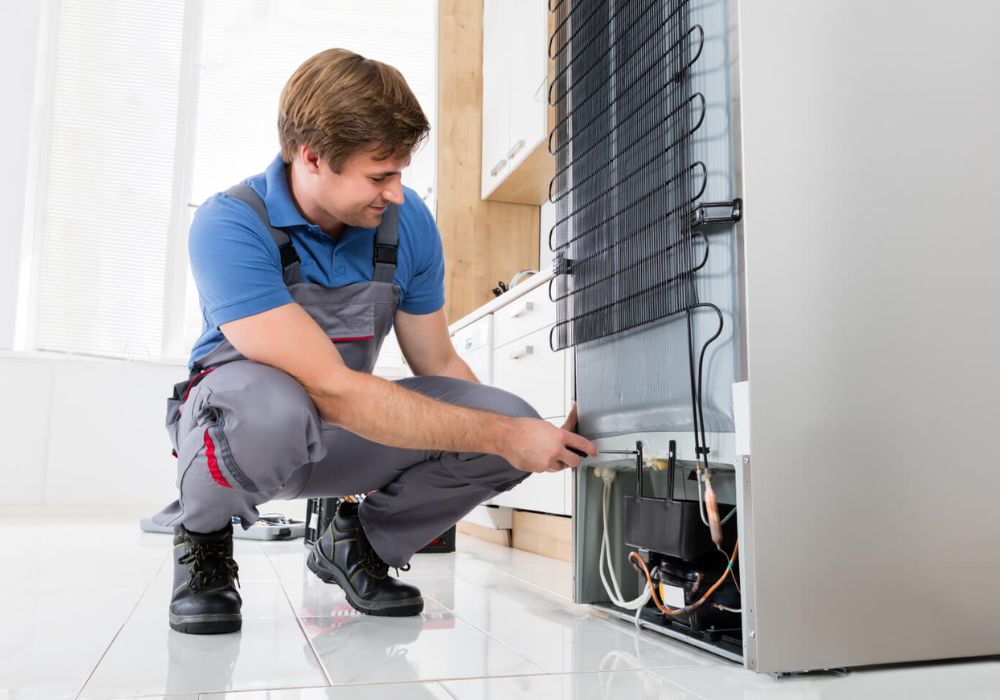If you're wondering how to sue my landlord for unsafe living conditions because you're dealing with a rental property that has hazards such as leaks, moldy items, or other issues that your landlord has failed to address, then you're not alone. Taking legal action against your landlord might seem daunting, but it can lead to improvements in your living conditions and give you the peace of mind that your rights as a tenant are being respected.
In this article, we'll guide you through the steps you need to take to sue your landlord and secure a safe living space.
Duties of a Landlord to a Residential Tenant
The responsibilities a landlord has towards a residential tenant vary based on state laws, as federal housing laws are universally applicable but states can impose additional, more stringent regulations on illegal landlord practices.
In nearly all states, residential leases are required to include certain implied warranties or agreements pertaining to the tenant's usage of the property and living conditions. These include the implied covenant of quiet enjoyment and the implied warranty of habitability.
What Are Some Common Problems That Warrant a Negligence Lawsuit?
If you're facing issues with your apartment that are putting your health and safety at risk, you might be entitled to file a negligence lawsuit against your landlord.
Common problems that may warrant such a lawsuit include leaking roofs, overcrowded units, inadequate lighting, poor waste management systems, faulty plumbing, flooring, or electrical connections, toxic mold, lack of proper fumigation, gas and central heating issues, elevator malfunctions, asbestos, and compromised lock systems.
However, this list is not exhaustive, and any issue that poses a threat to your safety should be brought to your landlord's attention and repaired in a timely manner. It's important to contact expert apartment negligence lawyers if your landlord repeatedly fails to address these issues, as they can help protect your rights as a tenant and ensure that your living conditions are safe and habitable.
What Are the First Steps You Should Take Before Suing for Negligence?
Before suing for negligence, it's important to take certain steps to give your landlord or property manager a chance to address the issues you're facing.
Firstly, document the problems by taking photographs, recording videos, and writing down descriptions of the issues. This will help support your claim in case you need to take legal action later on.
Next, notify your landlord or property manager about the issues and request action to be taken. It's best to do this in writing and to send the notice through certified mail to have proof of notification. Once the landlord or property manager is notified, they should follow up with you and give you a timeline of what to expect. They may dispatch a contractor to your home for inspection and/or send a repairman to fix the problem.
If they fail to respond immediately and/or do not do anything to fix the problem, you may need to take matters into your own hands. However, before filing a suit in small claims court yourself, it's worth it to get a risk-free case evaluation from legal experts. They already know the best steps to take to make landlords respond, and it doesn't cost any money upfront.
During this process, it's important to keep all communication and documentation related to the issue in case you need to provide evidence later on. With legal experts on your side, your outcome will likely be better and less stressful than trying to navigate the claims process on your own.
Conclusion
In conclusion, if you're dealing with unsafe living conditions in your rental property and your landlord has failed to address the issues, suing your landlord for negligence may be your best course of action. By taking the steps outlined in this article, such as documenting the problems and notifying your landlord in writing, you can give yourself the best chance of securing a safe living space.
Remember, you have the right to a habitable living environment, and legal experts can help you protect those rights. If you're wondering how to sue my landlord for unsafe living conditions, don't hesitate to seek professional guidance to help you navigate the process effectively.





